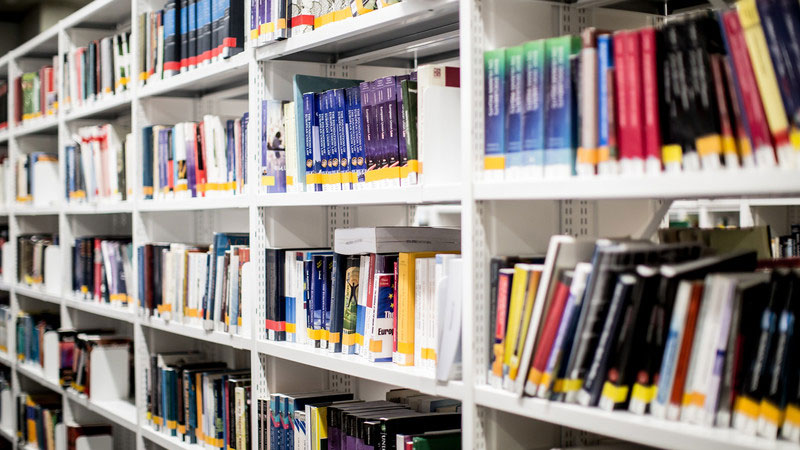Are Academic Libraries Doing Enough? Oxford Brookes Explores Equality, Diversity, and Inclusion

Challenging bias, championing inclusion: how academic libraries can evolve.
In a world increasingly attuned to issues of representation and inclusivity, academic libraries are facing mounting pressure to evolve. At Oxford Brookes University, two librarians are leading the charge to address systemic biases in library collections and practices. Their recent podcast episode sheds light on these efforts and raises pressing questions about the future of Equality, Diversity, and Inclusion (EDI) in higher education.
Aaron Worsley-Burke, a research librarian, and Helen Whittaker, an academic liaison librarian at Oxford Brookes, recently joined the university’s podcast Oxford Brookes Unscripted to discuss their research article, "Embedding Equality, Diversity, and Inclusion into the Academic Library – Have Students' Requests for Diverse Content Been Met?" The paper examines the university library’s attempts to diversify its offerings in response to requests from Black and BIPOC students, as well as staff.
The impetus for this work stems from a 2022 Brookes Union survey, “Mind the Gap,” which revealed a significant gap in the availability of diverse content within the university’s library and curricula. Black and BIPOC students highlighted a lack of resources that reflect non-Eurocentric perspectives. This prompted Aaron, Helen, and their colleagues to assess the library’s collections and identify opportunities for improvement.
“We realised how deeply rooted some of the biases in our collections are,” says Aaron. “Much of the content in academic libraries has historically been sourced from Western, Eurocentric perspectives, often to the exclusion of marginalised voices.”
To address these concerns, the team implemented several initiatives, including:
- Updating Subject Headings: Outdated or offensive terminology has been replaced with more inclusive language, such as using LGBTQ+ terminology sourced from the Homosaurus vocabulary.
- Diverse Reading Lists: The library created curated lists showcasing works by authors from marginalised communities, covering topics like racism, neurodiversity, and global perspectives.
- Suggest-a-Resource: Students and staff are encouraged to propose books and materials, particularly those that amplify underrepresented voices.
- Inclusive Purchasing Policies: The library set aside funding specifically for acquiring resources that reflect EDI priorities.
Helen explains, “We’ve also reached out to staff networks and diverse communities within the university for recommendations. It’s about collaboration, not gatekeeping.”
The concept of “critical librarianship” has been a guiding principle for their work. This approach interrogates how libraries often reinforce the dominant order, privileging certain voices while marginalising others. By applying this lens, Aaron and Helen hope to dismantle systemic biases within their institution.
However, challenges remain. Efforts to survey students about the impact of these initiatives were unsuccessful, leaving the team uncertain about whether they have fully met students’ needs. “It’s an ongoing process,” Aaron acknowledges. “We’re always learning and adapting.”
The episode also delves into the growing resistance to EDI, particularly in the United States, where book bans targeting LGBTQ+ and minority authors have turned libraries into battlegrounds. Could the UK see a similar backlash?
“We’re not immune,” warns Aaron. “But banning books isn’t the answer. Libraries should be spaces for dialogue, not censorship.” Helen adds, “It’s about balance. Our goal is to present a broad spectrum of perspectives, allowing users to engage critically with the material.”
As the podcast makes clear, embedding EDI into library practices is a journey, not a destination. Aaron and Helen hope their work inspires other institutions to take similar steps. “Start small,” advises Helen. “Engage with your users, review your collections, and look for opportunities to promote inclusivity. Even small changes can have a big impact.”
Oxford Brookes University’s efforts highlight the vital role libraries play in shaping inclusive academic environments. The question remains: Are libraries ready to meet the moment? Aaron and Helen’s work suggests that with persistence, reflection, and collaboration, they can.
